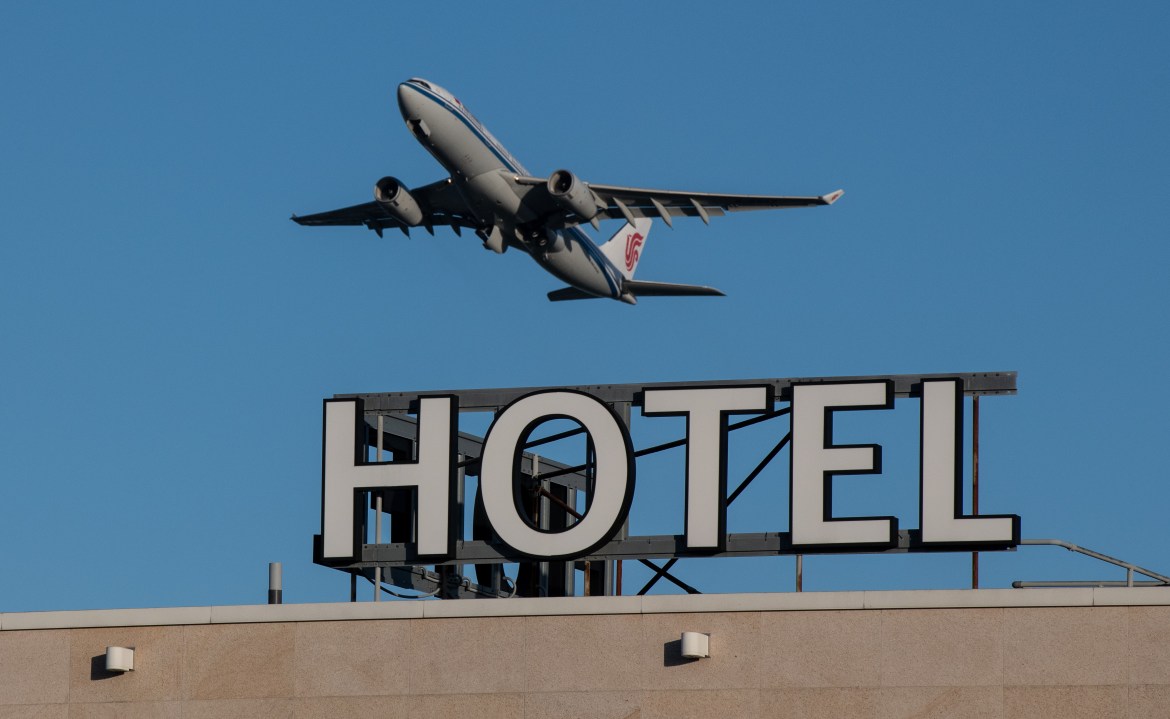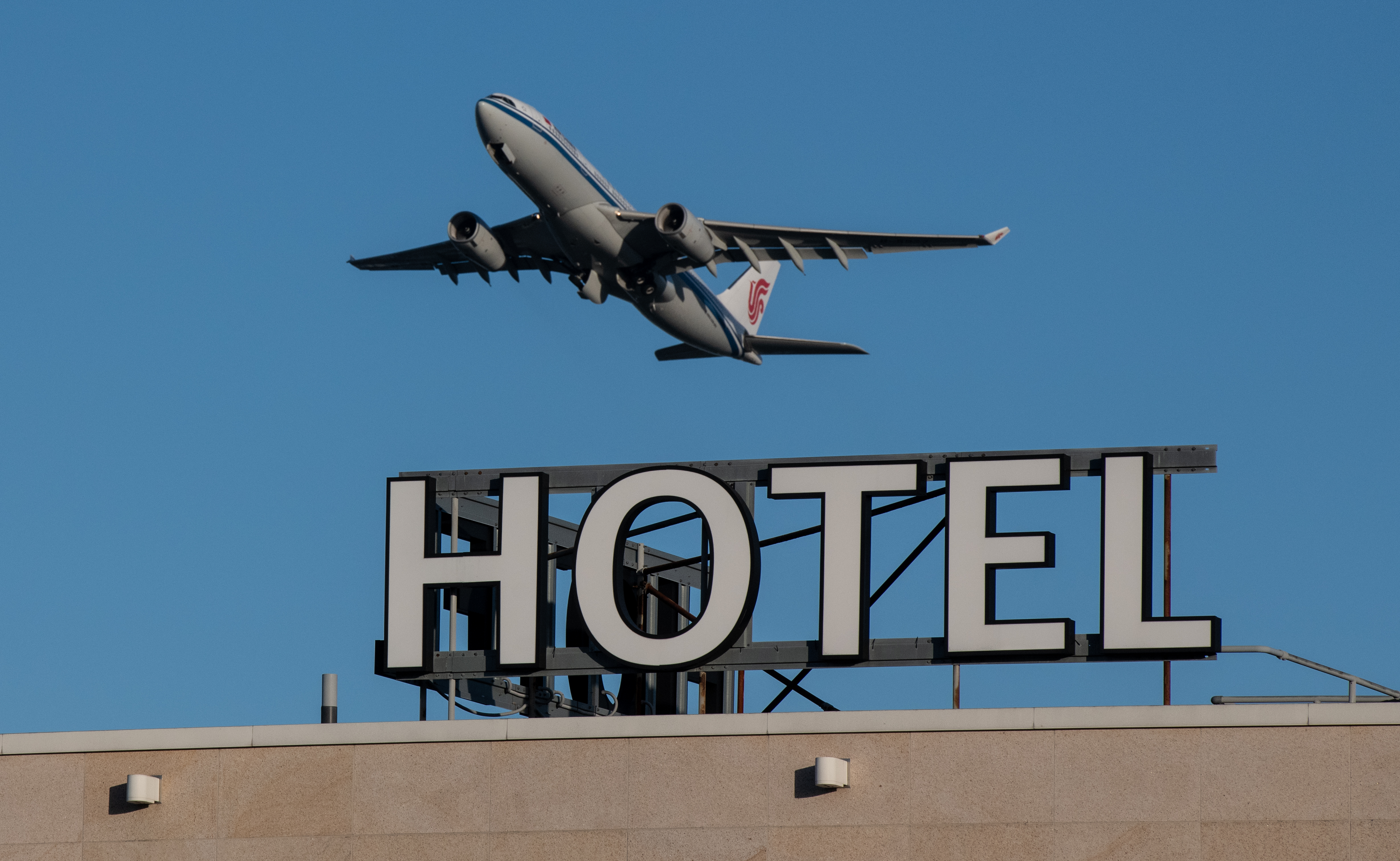The search for the right balance on border policy continues, as Health Secretary Matt Hancock announced this afternoon a host of new measures that travellers coming to the UK will face. From Monday, all arrivals will need to take two PCR tests: one on day two and another on day eight of self-isolation. This will apply to everyone, regardless of where they are travelling in from or whether they are quarantining in a hotel or in their home.
This means anyone arriving in the UK will now be taking a total of three Covid-19 tests, as a negative test within 72 hours of travel is also required. Hancock announced that any positive result will require ten more days of quarantine from the date of the test (notably not symptoms) and that all positive results will be analysed by genome sequencing to identify the variant and control the spread of any mutations deemed worrisome.
Already pressure is already mounting from backbench MPs to announce when these restrictions will be eased
Meanwhile, arrivals from 33 ‘red list countries’ (which are thought to be increasingly at risk of new variants) are expected to start mandatory hotel quarantine from next Monday — a policy that has proved to be a logistical challenge for officials. There will now also be increased fines for those who fail to quarantine — up to £10,000. Those who are found to lie about where they have travelled from (trying to skirt around the ‘red list’ to avoid hotel quarantine) will face a prison sentence of up to ten years. These announcements are clearly designed to grab headlines — but also suggest the government worries people think they are unlikely to get caught (and that hotel quarantine will require the co-operation of passengers if current systems struggle to easily identify who is lying).
The decision to ramp up ‘end-to-end’ policies for travel reflects broad feelings in Whitehall that more needs to be done to protect the UK from new variants of the virus while balancing that against government’s reluctance to close the borders definitively. The Health Secretary noted in the Commons today that the government was working with Australian officials to learn best practice, but it’s clear the government is still placing value on keeping the border open for those who consider their trip to be vital (and within the law).
But while the government’s deputy chief medical officer insisted at last night’s press conference that new strains should not lead to panic, the government still has to show its serious about keeping these new strains under control. While preliminary data this week suggests the Oxford-AstraZeneca vaccine is effective in preventing accute illness from the South African strain, there is no desire for the UK’s vaccinated population to become the case study, and ‘surge testing’ is being implemented in every region where the new variant is identified.
Already pressure is mounting from backbench MPs and the hospitality industry to announce when these restrictions will be eased. Hotel chains are pushing back on open-ended measures, fearful that quarantine compensation will not be equivalent to earnings from tourists. MPs want to know what this means for the prospect of summer holidays. Speaking in the Commons, Hancock suggested that trips abroad could be put on hold if the vaccines used in the UK (including Pfizer and Oxford-AstraZeneca) were found ineffective against new strains — at least until booster shots could be administered (which are thought to be coming online this autumn). When pushed by Mark Harper MP as to whether the restrictions would ever relax, the Health Secretary noted that hospitalisations and deaths are the two key metrics in making these decisions. Recent studies around both vaccines would suggest that — based on these metrics — easing may be possible, but ahead of peer-review analysis and more comprehensive data, this increasingly cautious government is going to avoid setting any timelines for phasing out policies which have just come in.








Comments